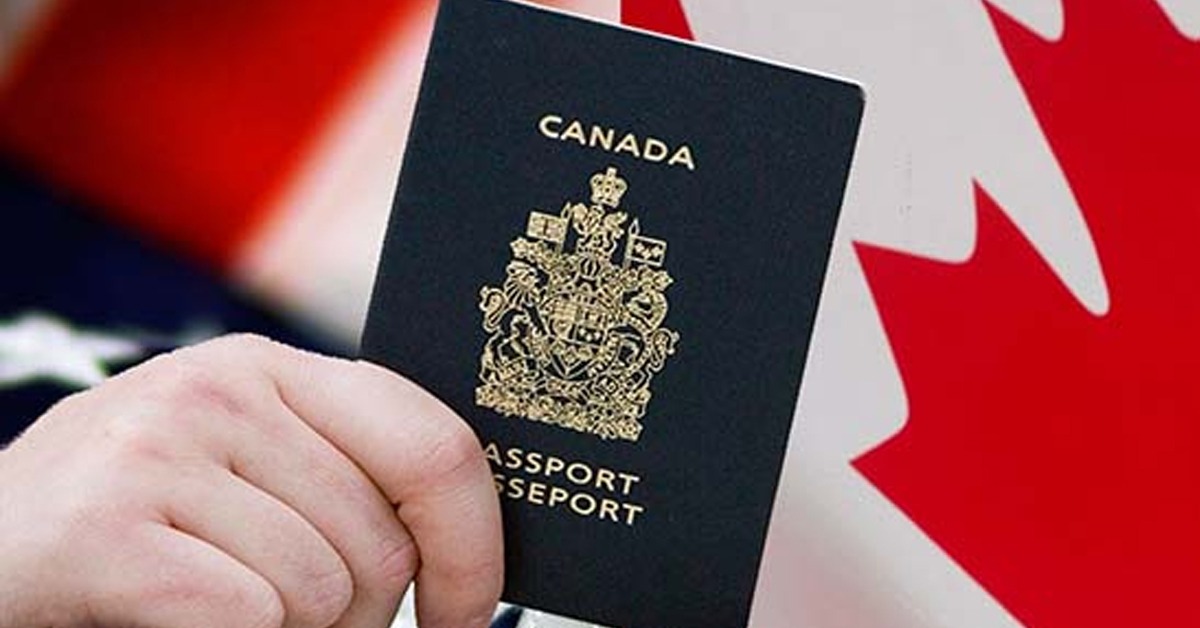
Understanding the CRS Score Requirement for Canadian Immigration in 2024
In the realm of Canada Immigration, the Comprehensive Ranking System’s (CRS) score plays a pivotal role in determining an individual’s eligibility for various immigration programs. Aspiring immigrants need to comprehend the significance of the CRS score and the threshold required to secure a successful immigration application to Canada in 2024. Let’s delve into the details of the CRS score requirement for Canadian visa consultants immigration this year.
Comprehensive Ranking System (CRS) Overview
The Comprehensive Ranking System (CRS) is a points-based system used by Immigration, Refugees, and Citizenship Canada (IRCC) to evaluate and rank candidates in the Express Entry pool. The CRS score is calculated based on various factors, such as age, education, work experience, language proficiency, and adaptability. Candidates with higher CRS scores are more likely to receive an Invitation to Apply (ITA) for permanent residency in Canada.
CRS Score Requirement Trends in 2024
In 2024, the CRS score requirement for Canadian immigration will witness fluctuations due to evolving immigration expert Pakistan policies and economic conditions. As of the latest updates, the CRS score threshold hovers around points, varying based on the specific Express Entry draw and the number of candidates in the pool. It is crucial for prospective immigrants to stay informed about the latest CRS score trends to strategize their immigration plans effectively.
Factors Influencing the CRS Score Requirement
Several key factors influence the CRS score requirement for Canadian immigration in 2024:
Language Proficiency: Proficiency in English and French languages significantly impacts the CRS score, with higher scores awarded for superior language skills.
Education: Higher levels of education, especially from recognized institutions, contribute to a higher CRS score.
Work Experience: Relevant work experience in skilled occupations can boost the CRS score, particularly if the experience aligns with in-demand occupations in Canada.
Age: Younger candidates receive higher CRS scores, reflecting Canada’s preference for younger immigrants who can contribute to the workforce for an extended period.
Adaptability: Factors such as Canadian work experience, job offers, and provincial nominations can enhance the CRS score and increase the chances of receiving an ITA.
Strategies to Improve the CRS Score
To enhance their CRS score and improve their chances of successful immigration to Canada, candidates can consider the following strategies:
Language Enhancement: Investing in language training to improve proficiency in English and French.
Education Upgradation: Pursuing additional education or certifications to boost educational qualifications.
Skill Development: Acquiring new skills or certifications in high-demand fields to align with Canadian job market requirements.
Provincial Nomination: Exploring provincial nomination programs that offer additional CRS points for nomination.
Job Offer: Securing a valid job offer from a Canadian employer to increase your CRS score through the Express Entry system.
Understanding the CRS score requirement for Canadian immigration in 2024 is crucial for individuals aspiring to make Canada their new home. By staying abreast of the latest CRS score trends, optimizing key factors influencing the CRS score, and strategically planning their immigration journey, candidates can enhance their CRS score and maximize their chances of receiving an invitation to apply for permanent residency in Canada. Embracing a proactive approach towards improving CRS scores is instrumental in navigating the competitive landscape of Canadian immigration and realizing the dream of settling in the Great White North.